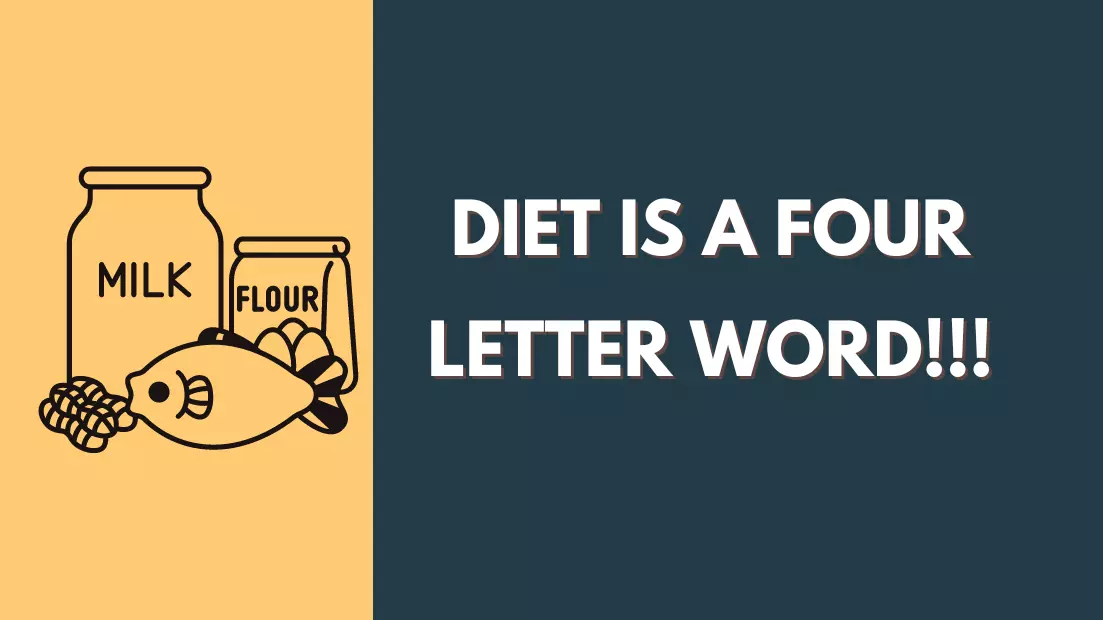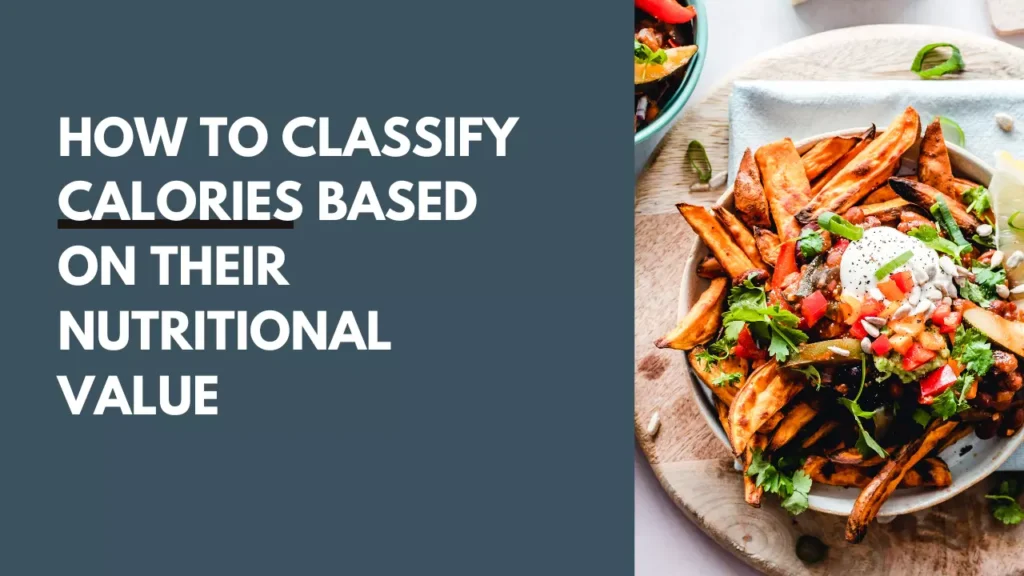
When it comes to health and wellness, the term Diet often takes center stage. However, it’s time to reevaluate our approach and understand that the word “diet” itself may be doing more harm than good. Let’s delve into the reasons why Diet Is A Four-Letter Word!!! and explore healthier alternatives for sustainable well-being.
The Diet Dilemma
1. The False Promise of Quick Fixes
Many diets promise rapid weight loss, but these quick fixes often come at a cost. Diet programs advocating extreme measures can lead to nutritional deficiencies, muscle loss, and other health issues. Instead of focusing on short-term solutions, it’s crucial to adopt a sustainable and balanced approach to eating.
2. The Yo-Yo Effect
One of the most significant drawbacks of traditional diets is the notorious yo-yo effect. People often experience weight loss during the diet but struggle to maintain it once they return to regular eating patterns. This cycle of losing and gaining weight can be detrimental to both physical and mental health.
Rethinking Dieting
3. Mindful Eating: A Healthier Alternative
Instead of following a strict diet, consider embracing mindful eating. This approach encourages paying attention to hunger cues, savoring each bite, and making conscious food choices. By fostering a healthier relationship with food, you can achieve long-term well-being without the pitfalls of traditional diets.
4. Portion Control and Nutrient-Rich Foods
Rather than focusing on restriction, concentrate on portion control and choosing nutrient-dense foods. Incorporate a variety of fruits, vegetables, lean proteins, and whole grains into your meals. This not only supports weight management but also ensures you receive essential vitamins and minerals.
The Psychology of Dieting
5. The Mental Toll of Dieting*
Traditional diets often instill a negative mindset, associating food with guilt and anxiety. Shift the focus from restriction to empowerment by adopting a positive outlook on eating. Understand that food is a source of nourishment and enjoyment, not a constant battleground.
6. Breaking Free from Dieting Labels
Instead of labeling yourself based on your diet, consider embracing a more holistic approach to well-being. Identify as someone who values a balanced lifestyle and nourishes their body with wholesome foods. This shift in mindset can have a profound impact on your overall relationship with food.
The Science Behind Diet Trends
7. Debunking Fad Diets
Fad diets often gain popularity, promising extraordinary results with minimal effort. However, these trends typically lack scientific backing and can be unsustainable in the long run. Prioritize evidence-based nutritional choices over trendy diets for lasting health benefits.
8. Understanding Individual Nutritional Needs
Each person’s body is unique, and there is no one-size-fits-all approach to nutrition. Consult with a registered dietitian to understand your specific nutritional needs based on factors like age, activity level, and health conditions. Personalized guidance ensures a sustainable and effective approach to eating well.
Practical Tips for a Sustainable Lifestyle
9. Incorporating Physical Activity
A healthy lifestyle extends beyond the plate. Regular physical activity not only supports weight management but also contributes to overall well-being. Find activities you enjoy, whether it’s walking, dancing, or participating in sports, to make exercise an integral part of your routine.
10. Hydration and its Role in Diet
Water is often overlooked in the diet conversation, but its importance cannot be overstated. Staying adequately hydrated is crucial for digestion, nutrient absorption, and overall health. Make it a habit to drink water throughout the day, and consider herbal teas or infused water for added flavor.
A Balanced Approach to Dieting
11. The 80/20 Rule: Moderation is Key
Embrace the 80/20 rule, focusing on making nutritious choices 80% of the time and allowing for indulgences the remaining 20%. This approach promotes a healthy balance, preventing feelings of deprivation often associated with restrictive diets.
12. Support Systems and Accountability
Building a support system can significantly impact your diet journey. Whether it’s friends, family, or online communities, having a network of individuals with similar health goals provides motivation and accountability. Share successes and challenges, creating a positive environment for personal growth.
Conclusion
In conclusion, it’s time to acknowledge that the term Diet is more than just a word – it carries significant implications for our physical and mental well-being. Shifting our focus from quick fixes to sustainable, mindful eating can lead to a healthier and happier life. Remember, a balanced lifestyle that includes nourishing foods, regular physical activity, and a positive mindset is the true key to well-being. Say goodbye to the constraints of traditional diets and hello to a more fulfilling and sustainable approach to healthy living!



